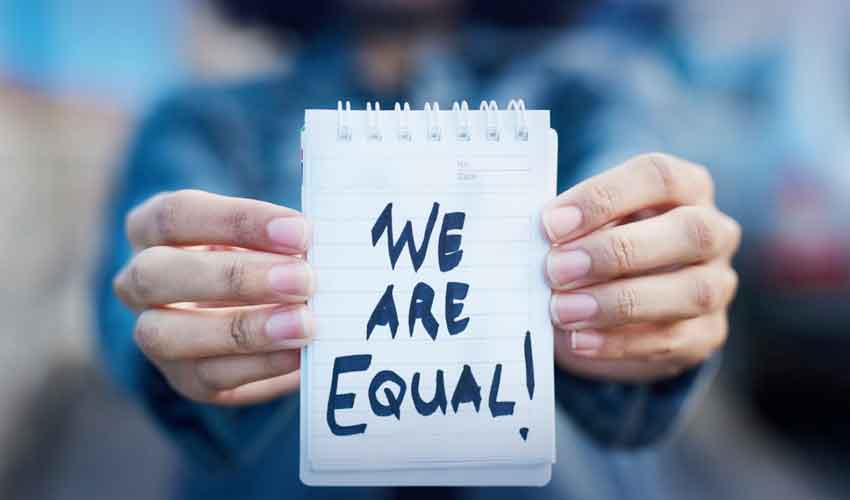In Pakistan, the conversation about gender discrimination frequently fails to produce significant results because of strongly ingrained patriarchal values that place a premium on male dominance and authority.
These social standards have an impact on attitudes and behaviors, which makes men reluctant to address issues pertaining to women’s rights and keeps women from speaking out for their own rights on equal footing.
Misunderstandings and biases are further exacerbated by a lack of knowledge about gender issues and a fear of change among those who stand to gain from the status quo.
According to the Organization for Economic Co-Operation and Development (2010), cultural norms and customs still influence women’s legal rights, even though the Constitution grants them property rights, freedom of movement, access to education, and the right to marry with consent without facing discrimination based on gender.
In addition, most men use language manipulation in talks to discredit feminist ideas by presenting topics as less important or by using insulting phrases. Open discourse is also hampered by social shame and opposition to proponents of gender equality.







